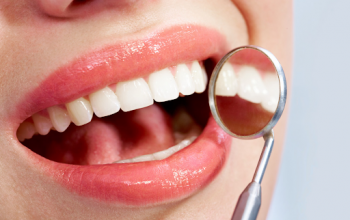


What is Sedation Dentistry?
Sedation dentistry is the use of sedatives during dental procedures in order to make the patient more relaxed and comfortable.
What are the different forms of sedation?
Sedation can be administered orally, intravenously or by inhalation.
Oral sedation dentistry involves the patient taking a pill an hour before the procedure. Since it is taken in pill form, the effects are not immediate and present themselves gradually. If you receive this type of sedation, you will need someone to drive you to and from the appointment. Since the pill is standard, your dentist cannot alter the amount of sedation that you receive.
Intravenous sedation is administered through a needle commonly placed either in the crease of your elbow or on the back of your hand. The effects of this form of sedation are immediate and the amount of sedation the patient receives can be altered. Like in oral sedation dentistry, you must have someone to drive you to and from the appointment.
Sedation by inhalation involves a mixture of Nitrous Oxide and Oxygen and is commonly referred to as “laughing gas.” One benefit of this method is that it is not required to have someone drive you to and from your appointment.
When should you visit a sedation dentist?
Many people can benefit from visiting a sedation dentist. You should consider receiving sedation in dentistry if you:
• Have a low tolerance to pain
• Have sensitive teeth
o (Although tooth enamel is the hardest substance in the body, certain eating and drinking habits can wear this enamel down, causing sensitivity)
• Are unable to remain seated for long periods of time
• Have an easily triggered gag reflex
• Are receiving significant dental work
So what is the next step?
Depending upon the procedure you need, your next step is to find a local dentist who is both a sedation dentist and who specializes in the type of dental procedure that you require.
One of the best ways to find a great dentist in your area is to ask your family and friends. What advice do you have for finding a local dentist? Have any of you received sedation in dentistry? Would you recommend it? Let us know in the comments below! Continue reading here.



